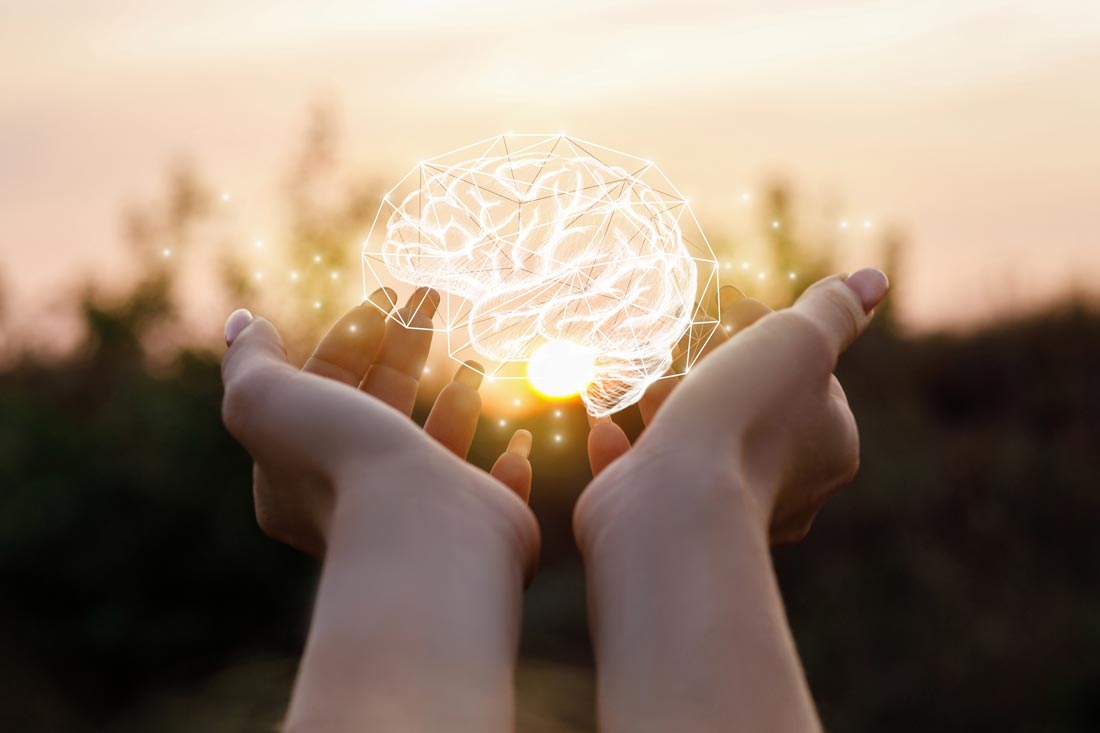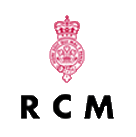Is Neurofeedback Scientifically Proven?
While backed by documented evidence, neurofeedback is still a relatively new methodology. As such, this question continues to be asked and deserves to be answered: “Is there scientific evidence proving that neurofeedback works?”
What does science say about neurofeedback? In a nutshell, existing literature indicates there is sufficient and continuously growing evidence-based information on the use of neurofeedback as a treatment for specific neurological conditions. This collection of neurofeedback resources provideS a solid reference point for anyone interested in further study.
- Neurofeedback in Scientific Literature
- Who Can Benefit From Neurofeedback Brain Training?
ADHD
- Neurofeedback and Attention-Deficit/Hyperactivity-Disorder (ADHD) in Children: Rating the Evidence and Proposed Guidelines. Applied Psychophysiology and Biofeedback 45, 39–48 (2020).
- Efficacy of Neurofeedback Treatment in ADHD: The Effects on Inattention, Impulsivity and Hyperactivity: A Meta-Analysis. Clinical EEG and Neuroscience, 40(3).
- Evidence-based information on the clinical use of neurofeedback for ADHD. Neurotherapeutics, 9(3), 588-98.
- Current status of neurofeedback for attention-deficit/hyperactivity disorder. Current Psychiatry Rep. 14(5), 536-42.
- Update on attention-deficit/hyperactivity disorder. Current Opinion in Pediatrics, 16(2), 217-226.
- Is neurofeedback an efficacious treatment for ADHD? A randomised controlled clinical trial. Journal of Child Psychology and Psychiatry, 50(7), 780-789.
ANXIETY
- Neurofeedback training improves anxiety trait and depressive symptom in GAD. Brain and Behavior. 11. 10.1002/brb3.2024.
- Using Neurofeedback to Lower Anxiety Symptoms Using Individualized qEEG Protocols: A Pilot Study. NeuroRegulation, 2(3), 137-148.
- Alpha Suppression and Symmetry Training for Generalized Anxiety Symptoms. Journal of Neurotherapy, 13, 146–155.
- Neurofeedback Treatment of Depression and Anxiety. Journal of Adult Development 12(2), 131-137.
- Neurofeedback with anxiety and affective disorders. Child and Adolescent Psychiatric Clinics of North America, 14(1), 105-123.
- Treatment of Chronic Anxiety Disorder with Neurotherapy. Journal of Neurotherapy, 2(2).
- Neurofeedback training improves anxiety trait and depressive symptom in GAD.
- Treatment of Anxiety Disorder with Neurofeedback: Case Study
- Frontal alpha asymmetry neurofeedback for the reduction of negative affect and anxiety.
- Real-Time Functional Connectivity-Informed Neurofeedback of Amygdala-Frontal Pathways Reduces Anxiety.
DEPRESSION
- A Neurofeedback Protocol for Executive Function to Reduce Depression and Rumination: A Controlled Study. Clinical Psychopharmacology and Neuroscience. 2020;18(3):375-385.
- Neurofeedback and networks of depression. Dialogues in Clinical Neuroscience, 16 (1).
- Neurofeedback treatments for depression disorders- review of current advances. Journal of Computer Science and Technology, 7(3), 443-452.
- Neurofeedback as a Treatment for Major Depressive Disorder – A Pilot Study, PLoS One, 9(3).
- Neurofeedback Treatment of Depression with the Roshi. Journal of Neurotherapy, 4(2).
- Clinical Use of an Alpha Asymmetry Neurofeedback Protocol in the Treatment of Mood Disorders. Journal of Neurotherapy, 4(4).
- Review of EEG-based neurofeedback as a therapeutic intervention to treat depression.
PEAK PERFORMANCE
- Enhancing learning in a perceptual-cognitive training paradigm using EEG-neurofeedback. Scientific Reports, 11, 4061 (2021).
- The Relation Between Memory Improvement and QEEG Changes in Three Clinical Groups as a Result of EEG Biofeedback Treatment. Journal of Neurotherapy, 17(2).
- Neurofeedback training for peak performance. Annals of Agricultural and Environmental Medicine, 21(4), 871–875.
- Biofeedback Training for Peak Performance in Sport - Case Study. Macedonian Journal of Medical Sciences, 3(2).
- Peak Performance Training Using Prefrontal EEG Biofeedback. Biofeedback, 40(1), 7–15.
- Neurofeedback for Peak Performance Training. journal of Mental Health Counseling, 3(2), 116-123.
ADDICTION
- Alpha-theta brainwave neurofeedback training: an effective treatment for male and female alcoholics with depressive symptoms. J Clin Psychol, 51(5), 685-693.
- Applicability of brain wave biofeedback to substance use disorder in adolescents. Child and Adolescent Psychiatric Clinics of North America, 14(1), 125-36.
- Neurofeedback Training for Opiate Addiction: Improvement of Mental Health and Craving. Appl Psychophysiol Biofeedback, 38, 133–141.
- Effects of an EEG Biofeedback Protocol on a Mixed Substance Abusing Population. The American Journal of Drug and Alcohol Abuse, 31, 455-469.
- Neurofeedback in Alcohol and Drug Dependency. Introduction to Quantitative EEG and Neurofeedback, 239-267.
NEUROFEEDBACK AND THE HUMAN BRAIN
- Tuning pathological brain oscillations with neurofeedback: a systems neuroscience framework. Frontiers in Human Neuroscience, Article 1008.
- Neurofeedback Training Induces Changes in White and Gray Matter. Clinical EEG and Neuroscience, 265-272.
- Closed-loop brain training: the science of neurofeedback. Nature Reviews Neuroscience, 18, 86-100.
- A Review of qEEG-Guided Neurofeedback. Neuroregulation, 2(3).
- Neurofeedback: A Comprehensive Review on System Design, Methodology and Clinical Applications. Basic and Clinical Neuroscience, 7(2), 143-158.
MIGRAINES
- Comparing the Effectiveness of Neurofeedback and Transcranial Direct Current Stimulation on Sleep Quality of Patients With Migraine. Basic Clinical Neuroscience. 2019;10(6):579-588.
- Clinical and Psychological Confirmation of Stabilizing Effect of Neurofeedback in Migraine | European Psychiatry | Cambridge Core
- QEEG-guided neurofeedback for recurrent migraine headaches. Clinical EEG and Neuroscience. 2011 Jan;42(1):59-61.
WHO CAN BENEFIT FROM NEUROFEEDBACK BRAIN TRAINING?
Neurofeedback brain training can help with:
How It Works

Initial consultation
We will discuss your specific needs and goals during consultation.

Neuropsychosocial assessment
We will do an in-depth assessment to understand your brain’s current strengths and weaknesses

Personalized training plan
Get a customized plan tailored to your specific needs.

Neurofeedback training
We begin your neurofeedback training sessions to help sharpen your brain.

Final assessment
We will repeat the neuropsychosocial assessment to track your progress.


































